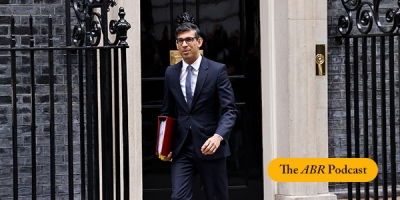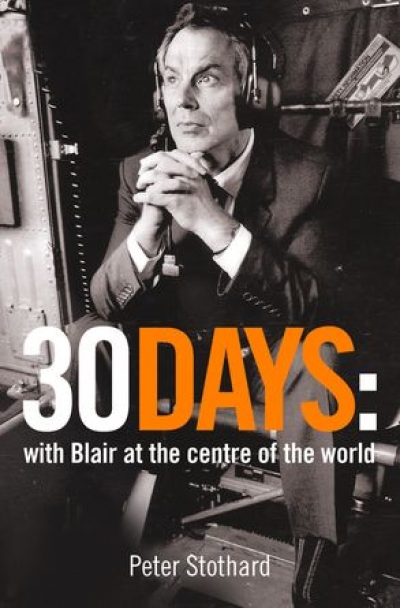British politics
The Abuse of Power: Confronting injustice in public life by Theresa May
by Gordon Pentland •
The Parliamentary Battle Over Brexit by Meg Russell and Lisa James
by Ben Wellings •
In this week’s ABR Podcast, Gordon Pentland examines the theatrical impulses of contemporary British politics. He argues that these performative elements are an attempt to capture widespread nostalgia for the British past. Gordon Pentland is Professor of History at Monash University and a specialist on the political history of Britain since the late eighteenth century. ‘Parlour games: Britain and the anaesthesia of nostalgia’ is published in the May issue of ABR. ... (read more)
30 Days: A month at the heart of Blair’s war by Peter Stothard
by Richard Walsh •




